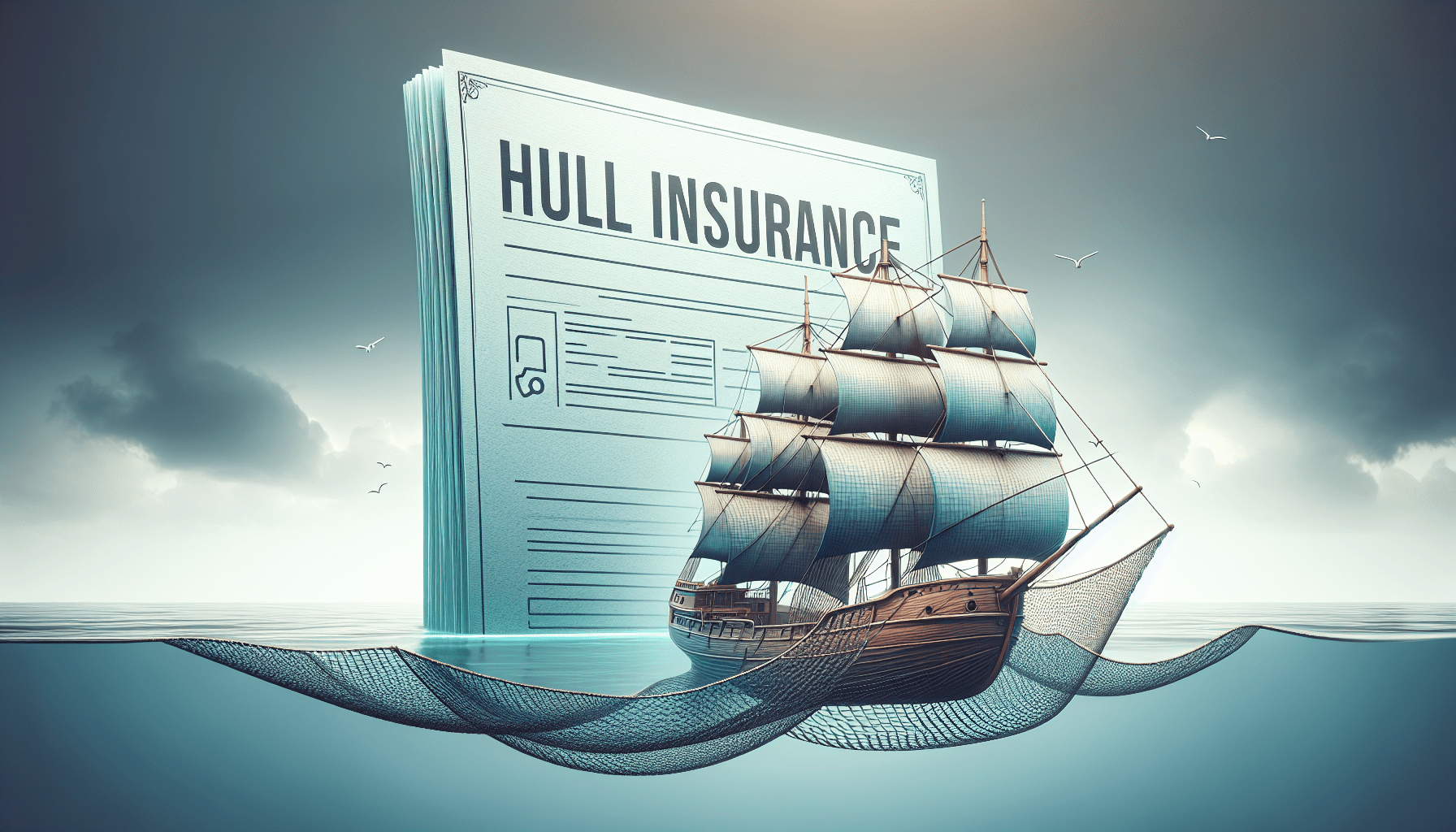Navigating Marine Insurance: A Comprehensive Guide for Vessel Owners

Introduction
Marine insurance coverage is a specialised subject designed to guard the belongings and pursuits of vessel house owners, maritime companies and cargo handlers. In an business fraught with dangers, having the appropriate insurance coverage isn’t just a authorized requirement however a significant safeguard in opposition to potential losses. This article delves into the intricacies of marine insurance coverage, providing useful insights, sensible recommendation and knowledgeable suggestions that can assist you navigate the complexities of this important service.
Understanding Marine Insurance
What is Marine Insurance?
Marine insurance covers the loss or harm of ships, cargo and any transport or property by which cargo is transferred, acquired or held between the factors of origin and the ultimate vacation spot. It encompasses a variety of policies tailored to fulfill particular wants throughout the maritime business.
Types of Marine Insurance
- Hull Insurance: This policy covers physical damage to the ship itself, together with equipment and tools.
- Cargo Insurance: Protects the cargo being transported against risks such as theft, harm or loss throughout transit.
- Freight Insurance: Ensures that the freight income is protected, overlaying the monetary lack of freight resulting from cargo loss or harm.
- Liability Insurance: Covers authorized liabilities arising from third-party damages, together with damage, lack of life or environmental harm.
Benefits of Marine Insurance
- Risk Management: Minimizes monetary dangers related to maritime operations.
- Legal Compliance: Meets worldwide and native rules requiring insurance coverage protection.
- Financial Protection: Provides compensation for losses, making certain business continuity.
- Peace of Mind: Offers confidence in dealing with unexpected maritime incidents.
Key Considerations When Choosing a Marine Insurance Company
Reputation and Experience
Select an insurer with a robust status and in depth expertise within the marine insurance coverage business. Look for customer reviews, business rankings and testimonials to gauge their reliability.
Coverage Options
Ensure the insurer offers a variety of coverage options tailor-made to your particular wants. From hull and equipment to cargo insurance coverage, comprehensive coverage is essential.
Claims Process
A clear and environment friendly claims process is significant. Understand the insurer’s claims dealing with procedures and their observe file for settling claims promptly and pretty.
Financial Stability
The financial stability of the insurer is a essential issue. Check their monetary rankings from respected companies to make sure they’ve the capability to pay claims.
Customer Service
Excellent customer service is non-negotiable. Choose an insurer known for their responsive and supportive customer service group.
Practical Advice for Marine Insurance Policyholders
Regular Policy Reviews
Marine insurance wants can change over time. Regularly assessment and update your policy to ensure it meets your current requirements.
Risk Assessment
Conduct an intensive risk assessment of your maritime operations. Identify potential dangers and guarantee they’re lined beneath your insurance policy.
Documentation
Maintain correct and detailed information of all cargo, voyages and any incidents. Proper documentation can expedite the claims process and make sure you obtain the suitable compensation.
Training and Safety
Invest in regular training and safety packages for your crew. Reducing the chance of accidents can decrease your insurance premiums and enhance total security.
Conclusion
Marine insurance is an indispensable element of the maritime business, providing safety and peace of thoughts to vessel house owners and maritime companies. By choosing the proper marine insurance coverage firm and understanding the nuances of protection, you may safeguard your belongings and guarantee clean crusing in your maritime ventures.
By following this complete information, vessel house owners and maritime businesses could make knowledgeable selections, making certain they’ve the optimum insurance coverage protection to guard in opposition to the myriad dangers of the maritime business.
The Ultimate Guide to Insurance Essentials
Workers Insurance 2025: Major Changes You Need to Know This Year



